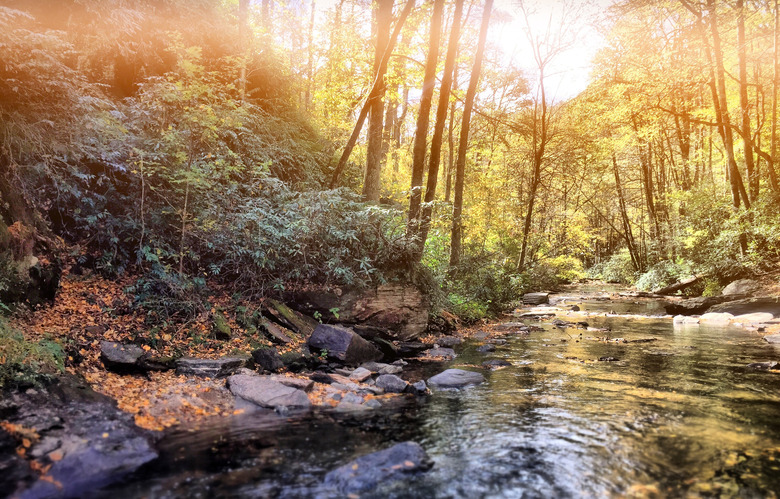Experience Sami Food And Way Of Life With Lennart Pittja
Lennart Pittja is 47, a nature lover, an ambassador for the reindeer, and storyteller.
He created Sapmi Nature Camp in December 2016, and in the autumn 2017, re-located to Narbrreluokta.
Sapmi Nature Camp is a small-scale, personal and sustainable Sámi owned and operated tented camp in Sapmi (Lapland). They are located in a world heritage area, Laponia.
Lennart was born and raised in a reindeer herding family in Unna Tjerusj, a Sámi Community in the North part of Swedish Sápmi.
"My father was a reindeer herdsman and we lived a life close to nature and the reindeer, when I grew up. We had two places where we lived, the small town Gällivare, where I went to school and where we stayed most of the year, in small house that looked pretty much like all the other houses in the neighbourhood," he says.
"Every summer we moved up to the mountains – to Ritsem to be close to the reindeer that are in the mountains during the summer. Summers were amazing. Although we had a tiny cabin without electricity or water/sewage, the everyday life was totally different from the life in Gällivare during the rest of the year. As a child, I spent most of the time outdoor, playing with my cousins, but also helping my parents with things that had to be done. Getting water, helping my father to take care of the fish he caught in the lakes, chopping wood, cooking and so on," he continues.
Lennart tells us he grew-up during a time when Sámi culture was very neglected and only seen as a problem. "So everything in the Swedish society was focused on getting the Sámi people to become more Swedish," he says.
These were the experiences that shaped him and his business, he explains. "I realized early in my life that I enjoy being an ambassador for my Sámi culture and I want to share knowledge about my own culture and life. But I want to do it in my own way, not as a tourist attraction."
Food is "as important as life itself," he tells us.
"Our life in nature is really reflected in the food that we eat and serve to our guests. As reindeer herders, reindeer meat is of course a foundation for the food culture but in my area, fish is equally important as a foundation for what we eat," he says.
Lennart also tells us that they hunt and collect and gather food from nature, like moose meat, berries and herbs.
"As a child, I had boiled fresh fish to breakfast basically every morning during the summer season. My father was a fisherman and fishing was an important part of the family's income so when he came to shore after being out on the lake in the morning, he brought fresh (I really mean fresh) Arctic Char, and boiled that for breakfast for us," he recalls.
And today, since the cabin at his nature camp doesn't have electricity, the everyday food tradition is based on fresh fish. No freezer means a more traditional approach to what you can and will eat.
For his guests he serves warm smoked fish that people can help out to smoke together with him, the fish is caught by guests in the area.
Also Gurpi, which is minced, smoked reindeer meat in a sausage that is fried and served in bread with some stir-fried vegetables, and a sour cream sauce with lingonberry is another dish.
They bake Sami bread, gahkku sometimes, which is another thing that people can help out with.
Lunches are often served outdoor around the open fire and then people can help out to prepare that, and to boil the coffee or tea over the fire after the meal.
Are people happy to try all the foods?
"Yes, most people are happy to try our food. Most vegetarians that come eat fish, and that makes it a bit more natural and easy for me to plan and prepare the meals," he concludes.
